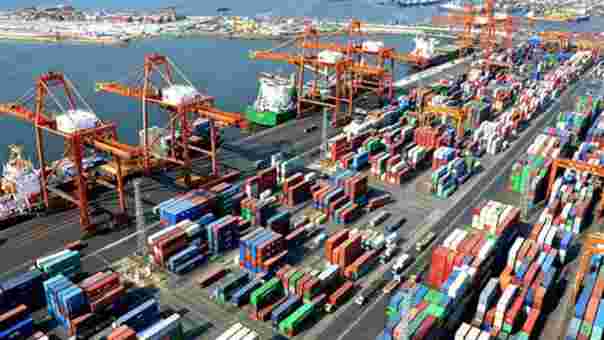Islamabad, October 30, 2024 – The Federal Board of Revenue (FBR) has raised significant concerns over the Khyber Pakhtunkhwa (KP) government’s recent imposition of a 2% Infrastructure Development Cess (IDC) on exports.
In a statement to the Senate, the FBR highlighted potential repercussions of the cess on Pakistan’s export competitiveness, a stance echoed by the Pakistan Business Council (PBC).
The KP government imposed this 2% IDC on export consignments via air, road, or rail through Section 3(c) of the Khyber-Pakhtunkhwa Infrastructure Development Cess Act, 2022. This cess, effective since August 23, 2024, applies to goods exported from KP’s border posts, notably those transiting to Afghanistan. According to the FBR, this levy, while legal under provincial powers, could hinder Pakistan’s export potential by adding financial burdens on exporters.
Federal laws authorize the Federation to impose taxes and duties on imports and exports, while provinces can levy taxes on goods and services produced within or transported through their jurisdictions. In the case of exports, however, the FBR argues that imposing additional charges could undermine foreign exchange inflows. The FBR emphasized that no duties or taxes are generally levied on exports to avoid discouraging foreign trade, a critical source of revenue for Pakistan.
A substantial portion of KP’s exports is routed to Afghanistan, a key trade partner. Imposing an additional 2% cess on exports through KP’s border posts could adversely affect trade with Afghanistan and Central Asia, which Pakistan is actively working to expand as part of its broader export growth strategy. The PBC warns that this increased cost may deter traders from choosing Pakistan as a transit route, jeopardizing the growth of regional trade and diminishing Pakistan’s foothold in Central Asian markets where demand differs from traditional export destinations.
Currently, the cess is not collected by Pakistan Customs but by banks on behalf of the provincial government. However, the FBR and PBC have both called on the federal government to intervene, urging a removal of this IDC for the sake of export competitiveness. The PBC further suggested that a formal agreement among all provinces, facilitated through the Council of Common Interests, could standardize exemptions on export-related provincial levies to foster national trade objectives.
As Pakistan faces mounting economic challenges, maintaining competitive export markets is critical to its financial stability. For KP, while the IDC could generate revenue, the FBR and PBC caution that it may have the unintended effect of limiting the province’s economic integration with neighboring markets. In the context of growing regional competition, particularly from neighboring countries expanding trade in Central Asia, the export cess may ultimately disadvantage Pakistan’s economic ambitions.
